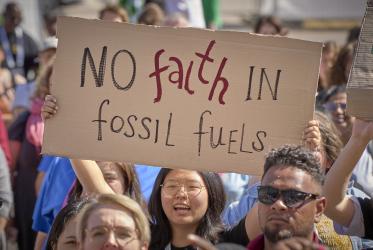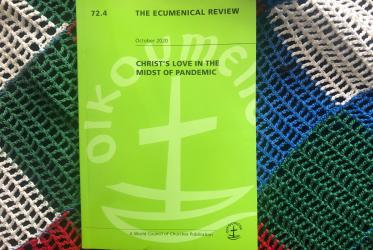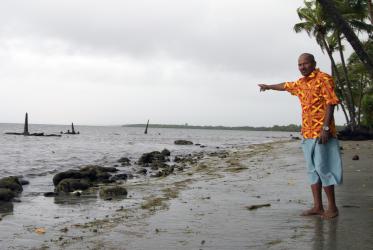Displaying 1 - 20 of 131
World Council of Churches plans pilgrimage to Marshall Islands
09 November 2023
Dr Abuom reflects on women of faith as healers of creation
05 October 2021
Scottish and UK religious leaders call for urgent climate action
20 September 2021
WCC expresses sadness, solidarity after Notre Dame fire
16 April 2019
















